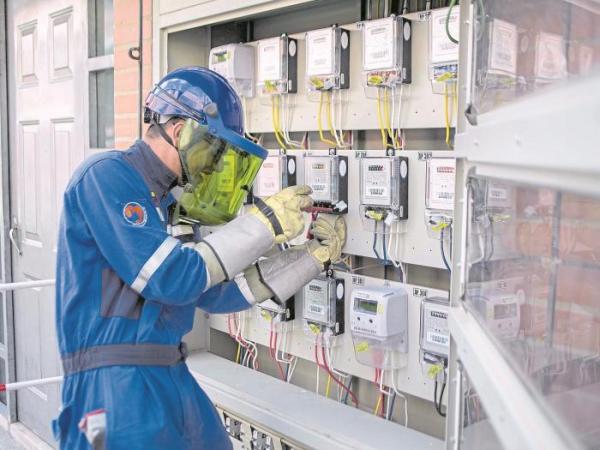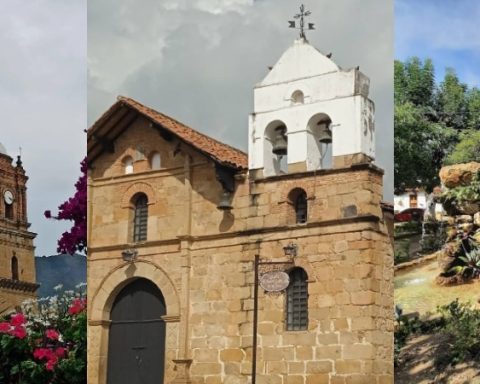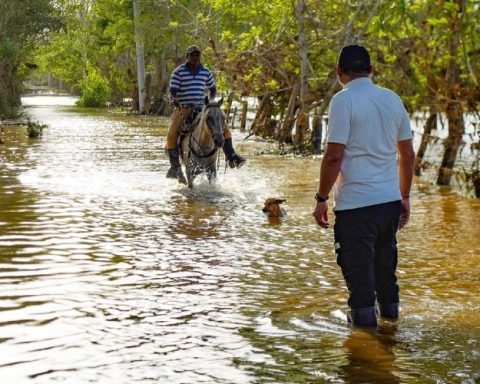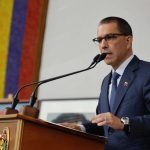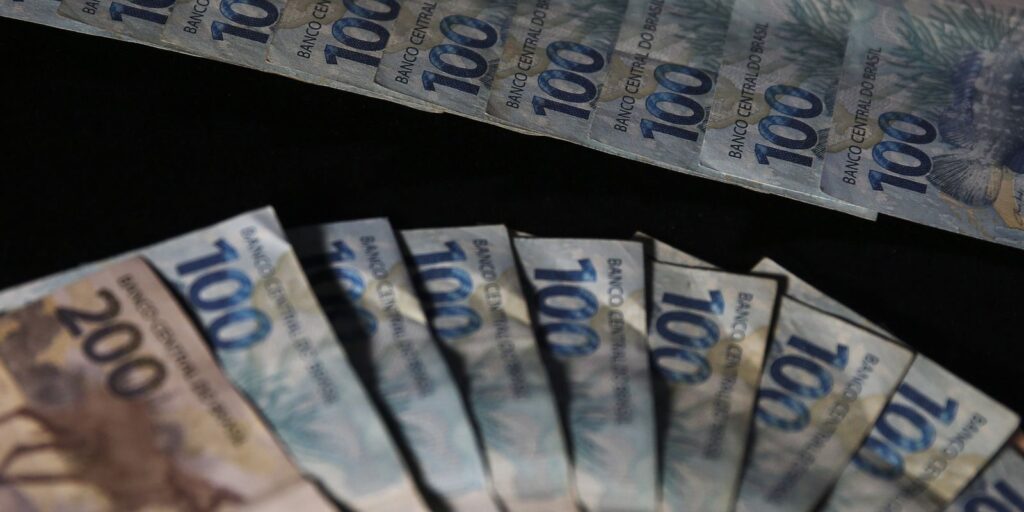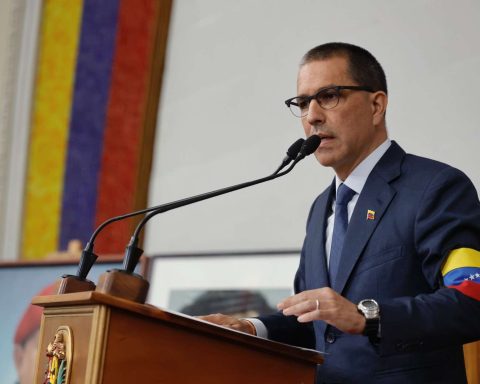After President Gustavo Petro warned that he would resume some of the functions of the Energy and Gas Regulation Commission (Creg) and the Drinking Water and Basic Sanitation Regulation Commission (CRA)this Monday night he presented the draft decree with which he would carry out this statement.
(Public services sector, concerned about the reforms).
The argument put forward in the document is that the functions were delegated from the Presidency to the Commissions, so this is a decision that can be reversed, as stipulated in the Article 68 of Law 142 of 1994.
This rule states that the “The President of the Republic will establish the general policies for the administration and control of the efficiency of residential public services (…) through the commissions for the regulation of public services, if he decides to delegate them, (…) otherwise, the President will exercise the functions that here are attributed to the commissions”.
According to Nicolás Arboleda, a senior associate at Baker McKenzie, who leads the mining and energy area, the scope of this decree is highly debated. In the first place, it can be understood that it resumes administrative functions, with which issues such as the statutes and the members of the commissions could be modified. However, other regulatory and functional aspects that have been assigned by law could not be resumed.
“The issues that have been set by Law 142 have to be resumed by means of another law, a decree would not have the ability to resume them,” points.
(Draft decree with which Petro will assume regulation of services).
However, this is a subject much debated by experts on the subject, since aspects such as the tariff methodology are established in the articles of Law 142, although the functions are delegated by decree.
The decree that went out for public consultation estimates that functions will be resumed “of a general delegated nature”, Therefore, both the CREG and the CRA may issue administrative acts of a particular nature. “exercising on the date of issuance of this Decree”points out.
This could be sued for nullity or unconstitutionality, says Arboleda, since it could go against some legal principles.
(Keys that the reform of energy laws and public services would bring).
Entrepreneurs and actors in the sector have expressed their concern, due to the decisions that could be made. They point out that this uncertainty could lead to a drop in investment, especially in renewable energy that is capital intensive and whose energy is more expensive.
BRIEFCASE
